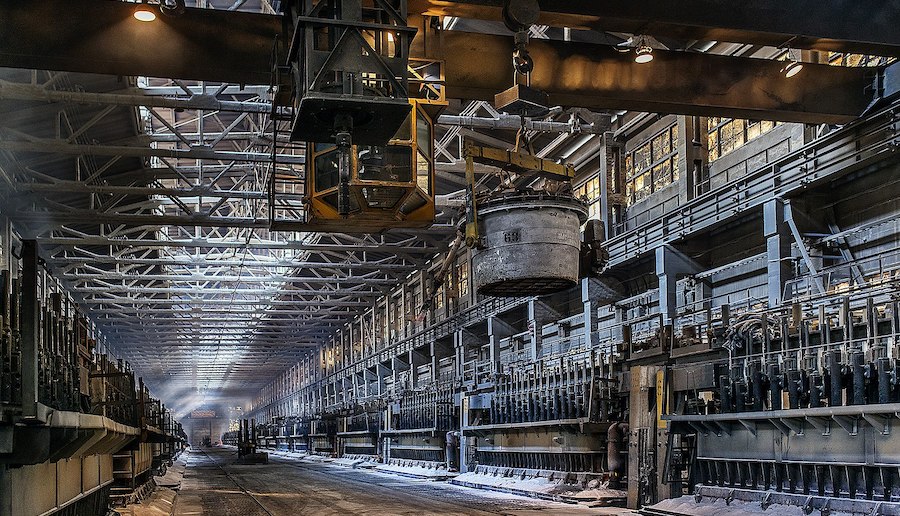GRAPHIC: Steep levies on Russian aluminum could threaten US nickel supply

Russia is likely to limit exports of key metals such as nickel and palladium if the United States imposes steep taxes on imports of aluminum from Russia, analysts say.
While Russian aluminum accounts for only a small portion US supplies, nickel is vital for the aerospace industry and electric vehicle batteries. Palladium, meanwhile, is a key component for autocatalysts in gasoline-fuelled cars.

Data from statistics provider Trade Data Monitor (TDM) shows that nearly 11% of the 92,624 tonnes of nickel imported by the United States last year came from Russia and that Russian palladium shipments, at 20 tonnes, accounted for nearly 35% of US imports.

In an attempt to ramp up pressure on Russia over the war in Ukraine, the United States is considering raising the import levy on Russian-origin aluminum to 200%.
Russian aluminum is produced by Rusal, which accounts for about 6% of global supplies.
“There’s no real gain in targeting this trade flow,” said Liberum analyst Tom Price. “If such a tariff was imposed, then markets should expect a response from Russia – possibly constraints on other critical metals exported to the US.”
Price added that such a move is typical of trade conflicts.
An analyst at a commodities-focused fund agreed there was a high chance Russia could hit back by banning nickel and palladium shipments to the United States.

US imports of unwrought aluminum and alloys from Russia amounted to 191,809 tonnes, or roughly 4.4% of the more than 4.4 million tonne total last year, compared with 8.9% in 2018 and 14.6% in 2017, according to Trade Data Monitor.
“Our view is that tariffs, on a standalone basis from the US, should not have a large impact on the market as Russian volumes into the US have already dwindled,” Macquarie analysts said.
“This would change, however, if sanctions were imposed, with potential spillover effects to other regions.”
Neither Russian metal nor the companies that produce it have been targeted by sanctions imposed on some Russian companies after Russia sent troops into Ukraine last year.
In 2018, however, US Treasury Department sanctions on Rusal froze the bulk of the company’s exports, paralyzed its supply chain and scared off customers.

(By Pratima Desai; Editing by David Goodman)
{{ commodity.name }}
{{ post.title }}
{{ post.date }}




Comments